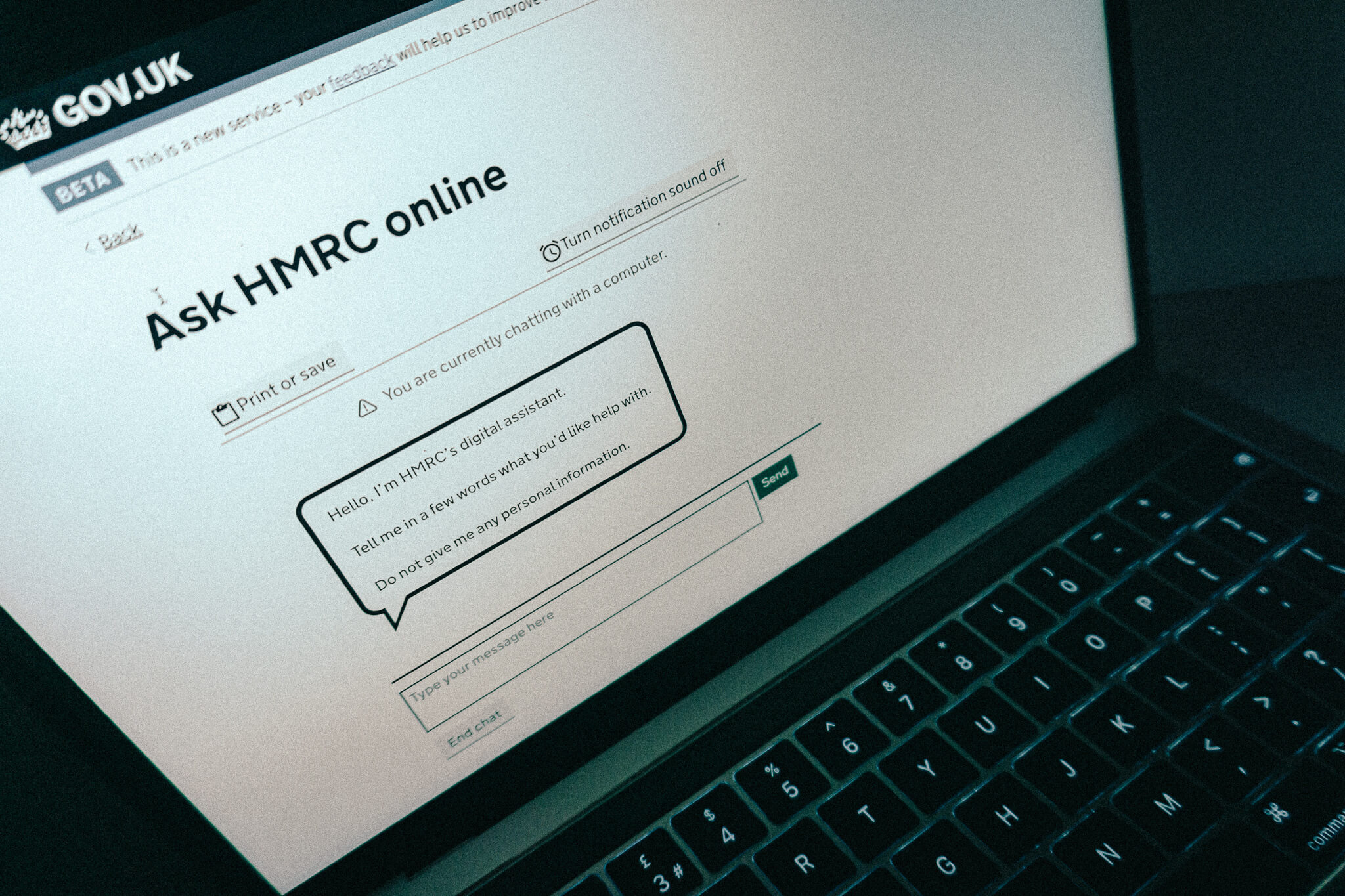Researchers from the University of Glasgow have conducted a study using wireless sensors to analyse muscle movements, with the resultant data being made freely available to support new tech developments
A Scottish university is hoping its research work will help create data to support new voice-recognition technologies.
Researchers from the University of Glasgow used a range of wireless sensing devices to analyse the muscle movement involved in speech. Twenty volunteers were asked to speak a series of vowel sounds, single words and entire sentences.
As participants spoke, radar technologies helped researchers image facial, tongue and larynx movements. Meanwhile, a laser system scanned skin vibrations and a camera captured deformations in the participant’s mouths.
The data was then validated by signal processing and machine learning techniques, building a detailed picture of the physical movements which allow people to form sounds.
The resulting analysis was used create free-to-use data sets which the university hopes will progress treatments for those suffering from communication difficulties. Such conditions affect more than 275,000 children in Scotland and almost 1.5 million across the UK.
Related content
- NHS picks suppliers for £200m voice recognition and digital dictation framework
- GDS expands use of voice recognition
- BBC trials artificial-intelligence and voice-recognition technology for iPlayer
Future technologies could help people suffering from speech impairment or voice loss by using sensors to read their lips and facial movements and give them access to a synthesised voice. Tech could also make banking transactions safer by analysing users’ unique facial movements, according to the university.
About 90% of practitioners that work with people suffering from a speech impediment have reported an “increase” or “significant increase” in the number of children with communication difficulties in light of the pandemic, according to a survey by the Royal College of Speech and Language Therapists (RCSLT) and Early Years Scotland.
Professor Muhammad Imran of the university said: “Contactless sensing has huge potential for improving speech recognition and creating new applications in communications, healthcare and digital security. We’re keen to explore in our own research group here at the University of Glasgow how we can build on previous breakthroughs in lip-reading using multi-modal sensors and find new uses everywhere from homes to hospitals.”
The Engineering and Physical Sciences Research Council and the Royal Society of Edinburgh funded the research, following which the university has published a paper – titled ‘A comprehensive multimodal dataset for contactless lip reading and acoustic analysis’ – in the journal Scientific Data.




